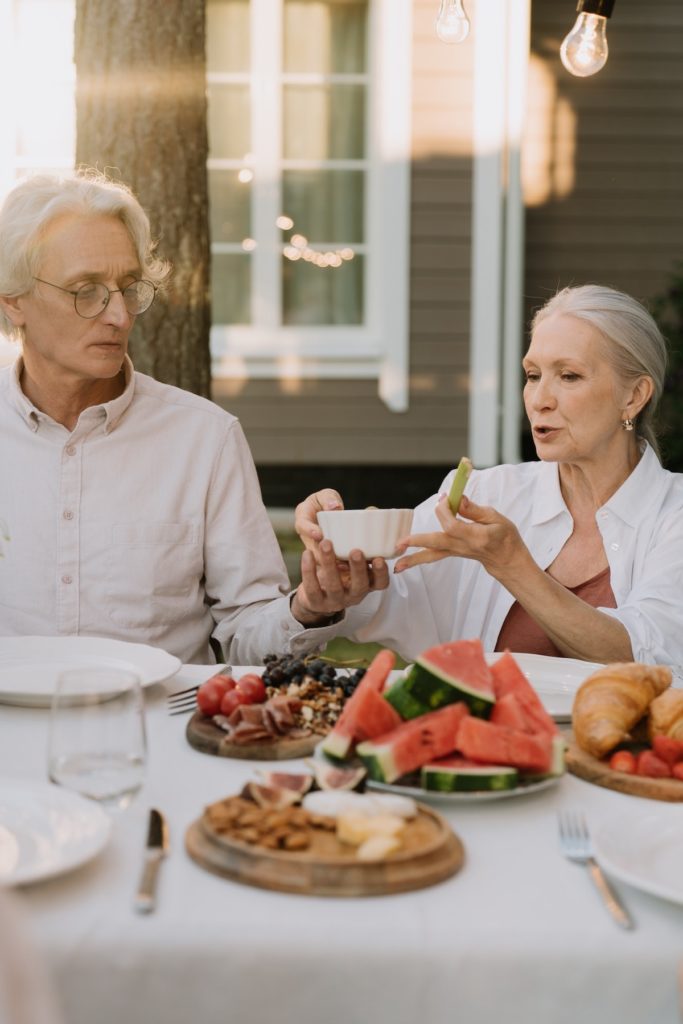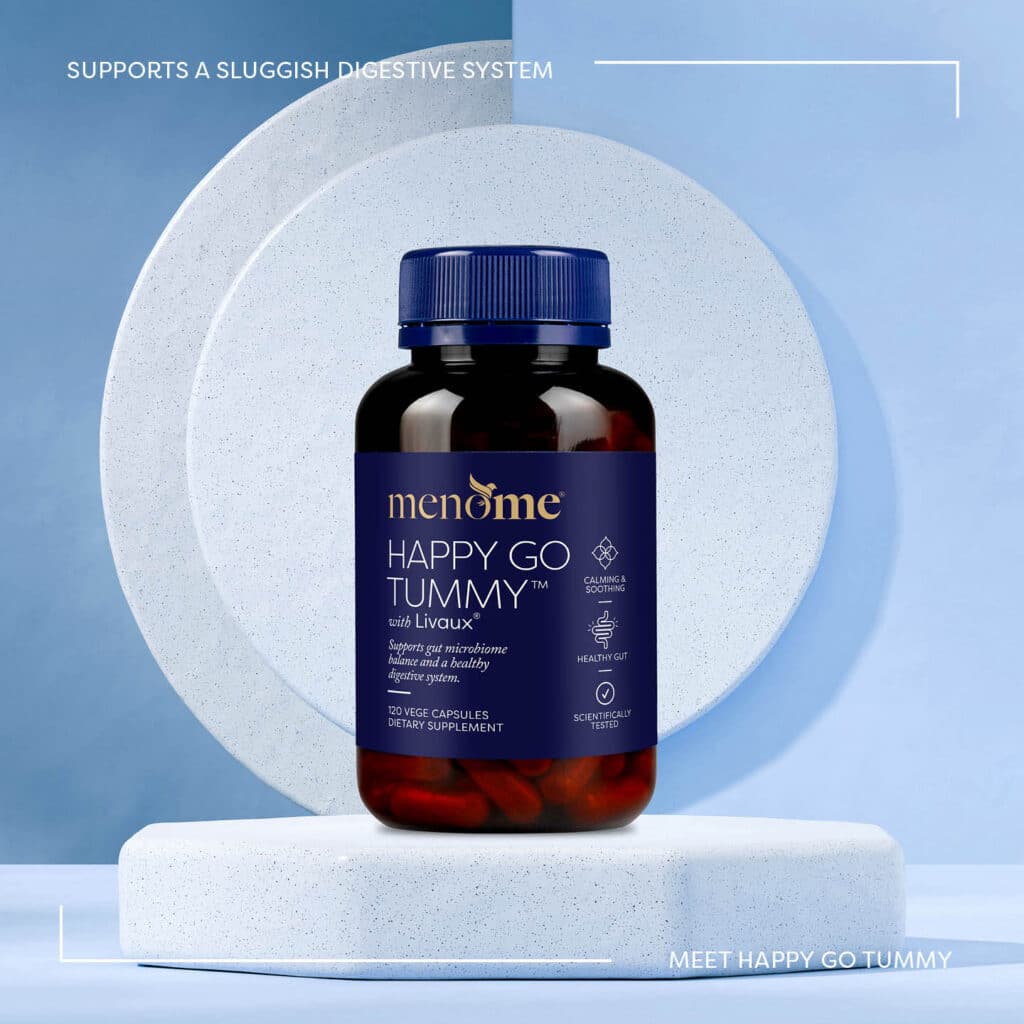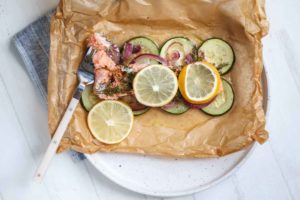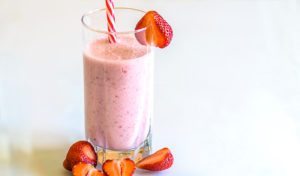It’s the time of year that’s famous for over-indulging and leaving us with a little bit of extra holiday weight. All the result of filling our belly and imbibing lots of ‘merry juice’.
And it’s all part of the fun and games, isn’t it?
In fact, according to The National Library Of Medicine, several studies have shown that from the end of November through to the second week of January adults put on .4-0.9kg1.

But just because it’s open slather for partaking in treats we usually wouldn’t, it doesn’t necessarily mean your dress will feel tighter.
Granted though – it might. Let’s be honest, as the science shows, it’s not uncommon to gain a kg or two during the holidays. But the good news is you can nip it in the bud!
And it doesn’t mean you have to hide away and say no to everything.

Indeed, if you’re down under as many of you are, it’s summertime and crunchy, colourful salads are plentiful. In addition, veggie gardens and fruit trees are laden with goodness. And an icy cold sparkling water (or a lime mojito mocktail) is the perfect warm-weather drink.
What’s more, summer’s bounty provides all the things your midlife, peri/menopausal body thrives on.
Here are 3 tips for nipping the indulgence day kgs in the bud:
1. Be mindful

We talk a lot about mindfulness to help manage stress-y symptoms. The truth is, it’s also a good habit to get into for managing your holiday weight.
Make a conscious decision about what you will and won’t have and don’t deny yourself some treats. But ensure you make a big deal of them, really suck the juice out of your experience.
You might like Science Says: Mindfulness Aids Menopausal Signs
2. Know your PPFFs
You don’t need to throw everything out the window in favour of the festive season. Indeed, sticking to your PPFF guidelines of phytoestrogens, protein, fat and fibre will keep you sated. And you’ll be more inclined to eat just one chocolate rather than the entire box!
You might like How Food Can Help You Have Your Best Menopause | Meet PPFF
3. Remember to move your body
All of that lovely food might be sending your insulin into a bit of disarray. Blood sugar rises every time you eat anyway but when you choose things that aren’t for your best health it may stay elevated. This is something that you want to avoid at all costs. Exercise will help to stabilise it. Heck, even going for a walk after your big meal will do this. So try to avoid having a nap after lots of food and head out for a walk instead.
Tip: alcohol (bubbles!), salty foods (chips and nuts) and ‘all the things’ can contribute to bloating.

Conclusion
The festive season is synonymous with indulging and it can lead to putting on a kg or two. However, you can put some steps in place to minimise holiday weight gain.
Furthermore, some of those treats can lead to bloating so you’ll want to support your gut health., Our prebiotic/probiotic Happy Go Tummy® will help you out here.
But remember, the most important thing is that you enjoy the holidays.
Listen to your body and know that you can get back on track in a few days.
And if you want some extra help go to our Learn section here.
Share with a friend
Sign up to our mailing list for the latest news and stories and receive a $5 discount code to redeem on your first purchase, plus receive a 3-step eBook on ways to support your body through menopause.
This site is protected by reCAPTCHA and the Google Privacy Policy and Terms of Service apply.
Related Articles
References:
Díaz-Zavala RG, Castro-Cantú MF, Valencia ME, Álvarez-Hernández G, Haby MM, Esparza-Romero J. Effect of the Holiday Season on Weight Gain: A Narrative Review. J Obes. 2017;2017:2085136. doi: 10.1155/2017/2085136. Epub 2017 Jul 4. PMID: 28744374; PMCID: PMC5514330.
Main photo by Nicole Michalou @pexels











